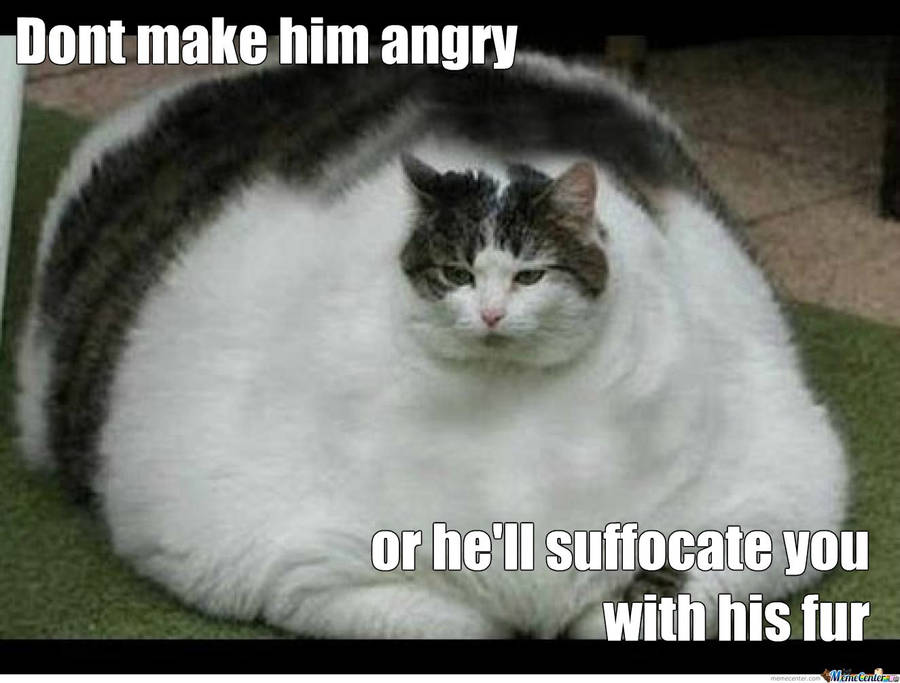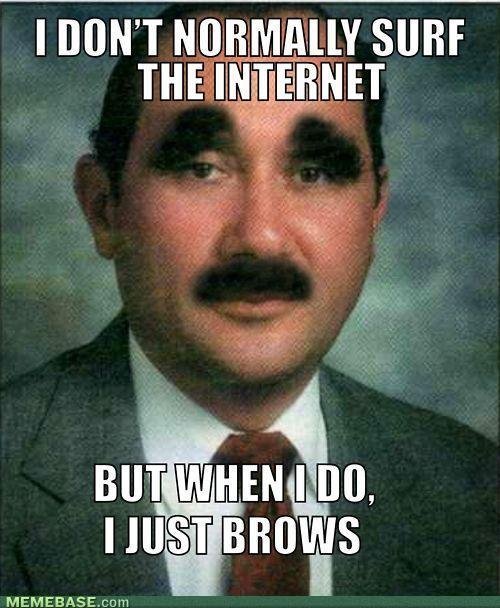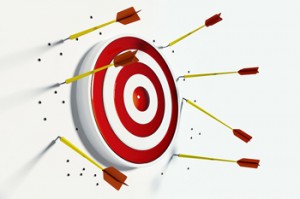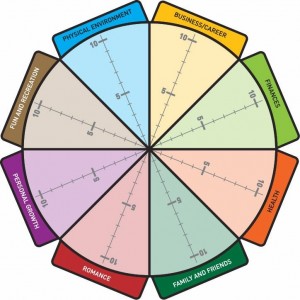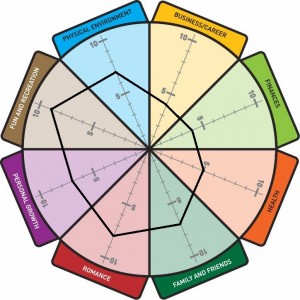Imagine you didn’t know how to breathe. Okay, that’s a bit ludicrous, but let’s say you were born on a planet where breathing was not necessary (for some absurd reason). Suddenly, you get orders from your local planetary travel center to beam to earth, where, if you don’t breathe, you perish.
So what do you do? You study and practice the art of breathing, because if you slack off you’ll end up a purple, shriveled vegetable (not to take this sinuous example any further than it has to, but for the sake of some viability, you use a breathing apparatus when you sleep). In a matter of weeks, breathing begins to feel more and more natural, and in six months’ time you’re better at breathing than most people on earth. And then, satisfied with your abilities, you disconnect your nightly breathing apparatus, in turn shriveling up into a purple corpse.
What a waste, huh? Breathing was never an innate ability for you; when you suddenly stopped there was no muscle memory to kickstart the process.
It’s (sort of) the same with self-help material. You don’t grow up in an environment that requires self-help to survive, but once you reach adulthood you’re faced with a plethora of dilemmas, challenges and life goals that would benefit immensely from motivational literature.
While you may take six months to become a self-help master, once you stop studying and practicing the material, what you learn effectively “dies.”
For the millennial attention span, lifelong commitment seems intimidating, to put it ever so lightly. That’s why the material fed into your brain, just like the oxygen going into your lungs, must not be overly complex, and must be easy to take in.
“Hey!” you say.
“Hey,” I say back.
“Hey… Yeah, well, I’m all for learning how to improve my life situation and all, but there’s like so many books out there and some contradict others and some say the same stuff over and over and over and some are so abstract they’re just words!”
“You’re right.”
“He- wait, what? I am?”
“You are.”
“Oh. Ok, cool.”
Indeed, there is a plethora of material out there. But there’s no need to complicate matters by taking it all in as dogma. That’s why I’ve gathered a teeny list here for you that you can easily inhale. Just don’t take it for granted or you’ll end up looking like this guy:
1. Mind Power into the 21st Century | John Kehoe
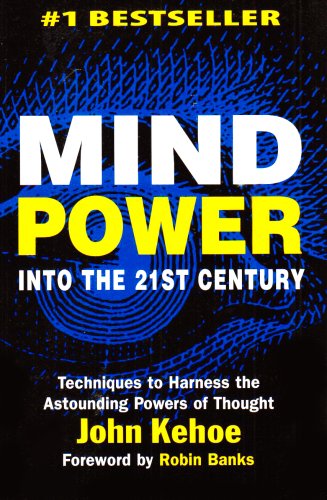
Not many books back up their material with quantum physics. Ok, quantum physics lite. But the exercises work, and they work extraordinary well. The best part? They’re simple and easily inhalable. Here’s an excerpt on how to best visualize your goals:
“Two conditions for a successful visualization: 1) Always visualize your goal as if it is actually happening to you right now. Make it real in your mind; make it detailed. Enter the role and become it in your mind. 2) Visualize your goal at least once a day, each and every day. There is power in repetition.”
2. The Power of Now | Eckhart Tolle
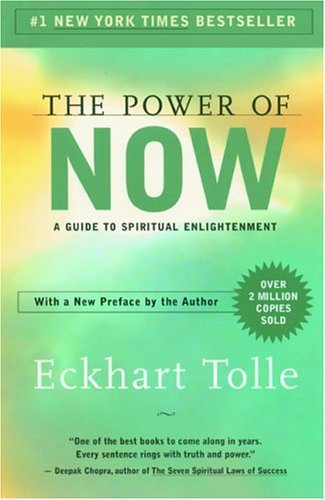
Ok, remember when you (well, I) mentioned that some self-help books seem to contradict each other? The Power of Now is the perfect example. Tolle is all about placing yourself in present moment. That includes cutting off your wandering mind.
Funny, Mind Power is all about thinking your way to a better life, and Power of Now is all about abdicating thought. It’s two radically different approaches to a clutter-free mind. Why do they work so well together?
Sometimes you need a hiatus from working your mind, even if all you’re doing is positive thinking. Tolle is great for this.
Some quotes:
“In today’s rush we all think too much, seek too much, want too much and forget about the joy of just Being.”
“The past has no power over the present moment.”
“The primary cause of unhappiness is never the situation but thought about it. Be aware of the thoughts you are thinking. Separate them from the situation, which is always neutral. It is as it is.”
3. Self-Esteem Affirmations | Louise Hay

Yes, Mind Power has great affirmations. In comparison, Hay’s lines seem to grind cheese:
“I am in harmony with nature. I bless this planet with love.” (taken from her website)
Don’t groan. Hold it, just for a second. Hay is a perfect bridge from the thought-powered Mind Power and the relatively thought-free teachings of The Power of Now (Tolle’s angle is objectively observing your thoughts rather than utilizing them). Hay’s audio book is meant to be heard before sleep, or used as white noise while going about quotidian duties. She’s the fundamental in-between, and her semi-subliminal audio material is a great addition to the other two’s “extremes.”
There you have it, no need to sift through dozens of self-help resources. These fundamental materials cover a wide area, perfect for us college students who need a chameleon approach to working around the anxieties of our Mobius-strip-like lives, our variegated needs always, always demanding an alternative way of going about the situation.
Stay Tuned.
———————————————————————————————————
Aleksandr Smechov, Baruch College.
Follow the Campus Clipper on Twitter and Like us on Facebook!
Interested in more deals for students? Sign up for our bi-weekly newsletter to get the latest in student discounts and promotions and follow our Tumblr and Pinterest. For savings on-the-go, download our printable coupon e-book!





